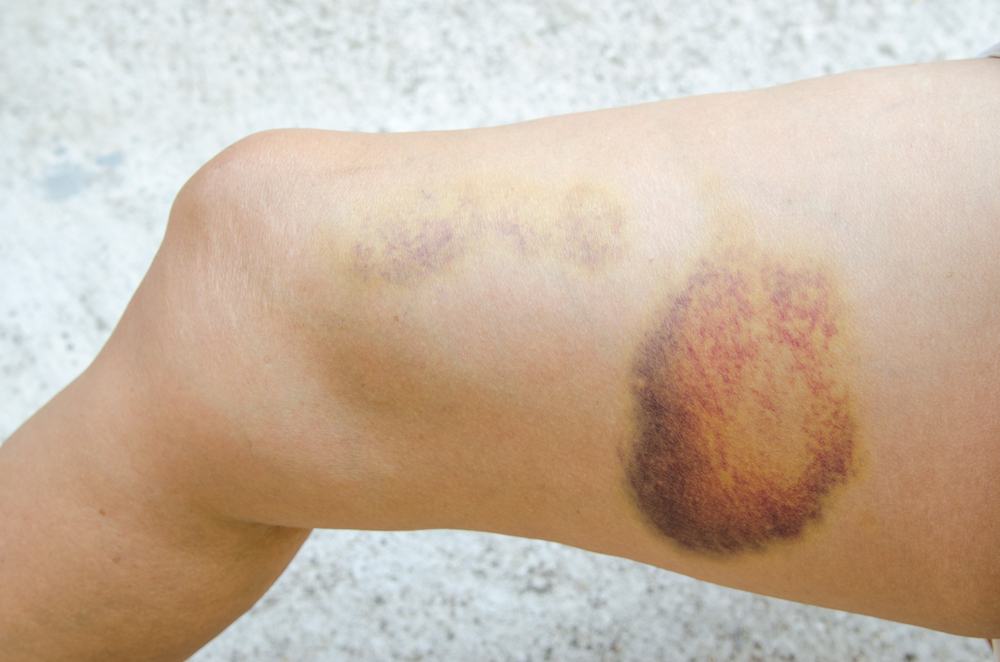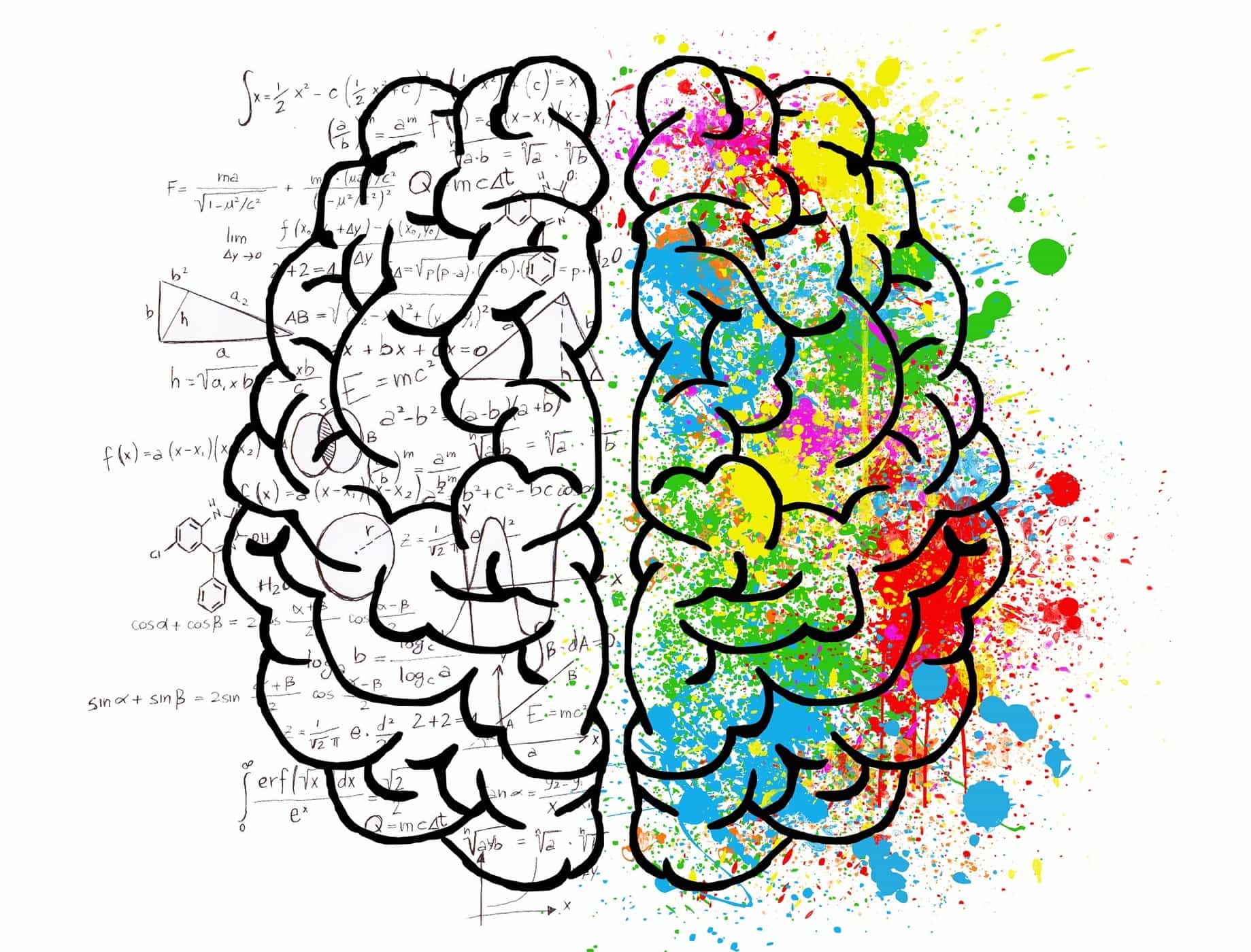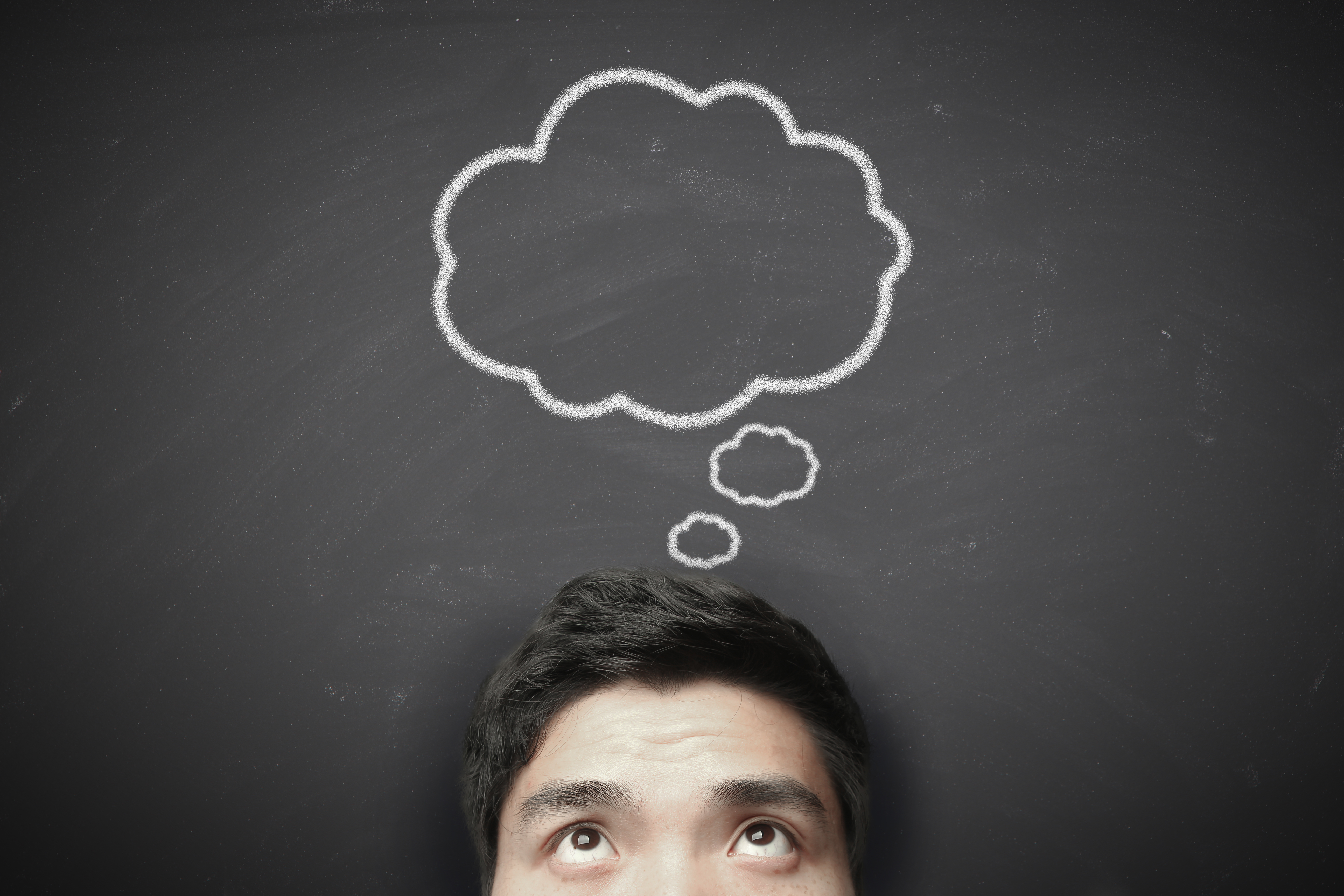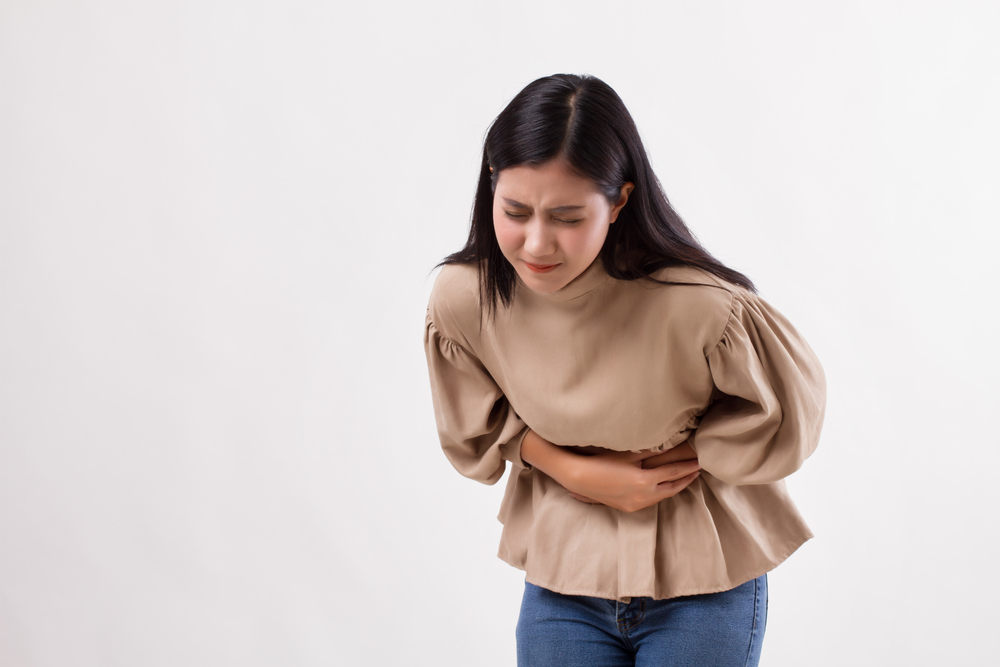Contents:
- Medical Video: How does drinking coffee affect sleep?
- How can coffee keep you awake?
- What affects the effects of caffeine on the body?
- What is the maximum limit for coffee consumption?
- Recommendation:
Medical Video: How does drinking coffee affect sleep?
You will often hear that coffee can keep you awake at night. Many people intentionally drink coffee so they can stay up until midnight, even morning to do chores or just to watch the ball in the early hours. Yes, the impact of coffee that makes people awake is widely used by many people. For coffee enthusiasts and for people who like to stay up late, maybe coffee is useful. But, for those of you who are not, of course coffee can disturb your sleep. Remember, staying up late is also not good for your health.
How can coffee keep you awake?
You already know that coffee contains caffeine. Not only coffee contains caffeine, but also in tea, chocolate, and some soft drinks. The content of caffeine is what keeps you awake even after midnight. Caffeine is a type of stimulant drug that works as an adenosine receptor antagonist. Adenosine is a compound in the body that makes you sleepy. Well, caffeine inhibits the work of adenosine receptors in the body, which makes you avoid drowsiness.
Caffeine can begin to affect your body shortly after entering the body. Caffeine enters the blood through the stomach and small intestine and can reach its peak in the blood around 30-60 minutes or even faster, after consumption. Half of the caffeine that enters the body can last 3-5 hours, the remaining half can stay in the body for a long time, around 8-14 hours.
Caffeine can interfere with your sleep, making it difficult for you to sleep so your sleep time is reduced. Caffeine can also make it difficult for you to get a good night's sleep or your sleep time decreases.
What affects the effects of caffeine on the body?
The impact of caffeine on sleep may vary between individuals. This can be caused by various factors, such as:
- Factor genetic. Genetics makes the metabolism of caffeine in the body not the same between individuals. However, research on this subject is still limited.
- Factor age. Some studies say that the older a person is, the more sensitive he is to the effects of caffeine.
- The habit of consuming caffeine. Research shows that the impact of caffeine is less in people who routinely drink coffee than people who rarely drink coffee.
- Time to consume. Consumption of caffeine that approaches bedtime has the potential for a greater impact on sleep disorders.
However, recent research shows that the effects of caffeine can occur even when you eat it in the afternoon or evening. The study published by the Journal of Clinical Sleep Medicine shows that coffee consumption 6 hours before bedtime can reduce the total duration of sleep by 1 hour.
What is the maximum limit for coffee consumption?
Caffeine levels in coffee vary by coffee product. The content of caffeine in this coffee depends on many factors, such as the type of coffee beans used and how coffee is served.
Coffee consumption is at a moderate level, ie as many as three cups of coffee (250 mg of caffeine) per day may not pose a health risk. However, consumption of coffee as much as 6 cups per day or more can make caffeine levels in the body excessive and can endanger health. Excessive caffeine levels in the body can increase heart rate and breathing rate.
In contrast to children, coffee consumption within a moderate limit can have a negative impact on nutrition because it is feared that coffee can replace nutritious drinks for children, such as milk. Coffee can also make children eat a little because caffeine in coffee can work as an appetite suppressant. It's best to avoid children from consuming coffee.
Reporting from Medical News Today, Prof. Drake, an investigator at the Henry Ford Sleep Disorders and Research Center, said that you should also avoid caffeine after 5 pm if you want to get a good night's sleep.
Recommendation:
- It's best to limit your consumption of caffeine to no more than 300-400 mg per day or about 3-4 cups of coffee per day
- Pregnant women or women who are breastfeeding should consume very little caffeine or if you can avoid it
- Parents should limit or avoid children from consuming caffeine
- People with high blood pressure or heart disease should avoid consuming coffee with high caffeine levels
- You should not consume coffee in the afternoon so that your sleep is not disturbed
READ ALSO
- 4 Healthy Alternatives to Coffee Replacement in the Morning
- Drinking Coffee While Pregnant, Is There Any Influence On Your Fetus?
- Is it true that caffeine can trigger hypertension and heart disease?












